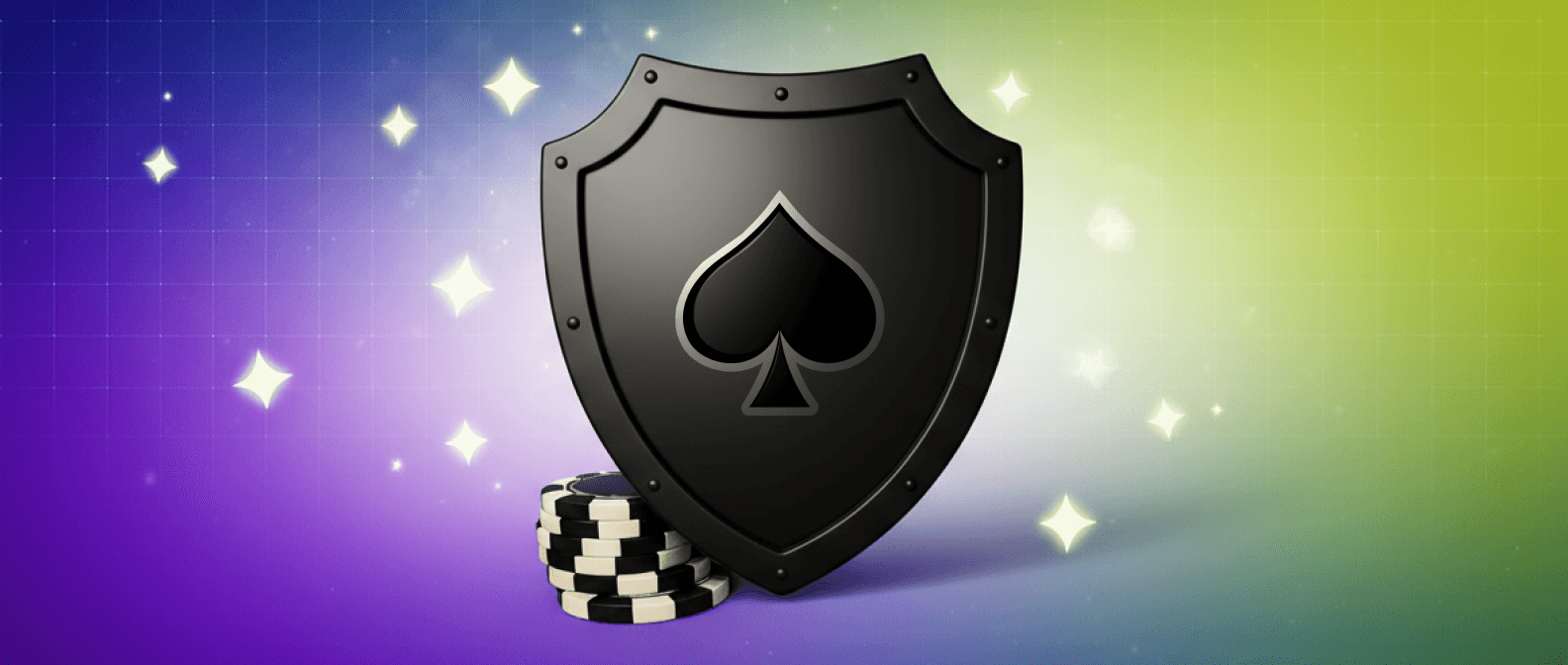
Stand
Stand — is a player decision in blackjack and some other table games to take no more cards or draws, locking in the current hand total. In casino gambling, “stand” ends your action on the hand and passes play to the dealer or next step, shaping risk, potential payouts, and overall strategy.

Understanding Stand
In gambling, Stand meaning refers to the choice to stop drawing and play your existing total. The Stand definition in blackjack is specific: you signal the dealer you’re finished acting, and the hand proceeds under house rules. This term matters because the correct stand/hit decisions are the core of basic strategy and directly affect the house edge. At 101RTP, we explain optimal stand spots with easy charts and game guides, and we also help you evaluate casinos, slots, and bonus value so your overall play and bankroll plan align with your risk tolerance.
Examples of Stand
Here are common examples of Stand in action:
- Blackjack: You stand on hard 17 or higher because hitting often causes a bust.
- Blackjack: With soft 19 (A‑8), you usually stand unless special rules or dealer up-cards suggest otherwise.
- Blackjack: You stand on 12–16 versus a dealer 4–6, letting the dealer risk busting.
- Baccarat: The Player hand stands on totals of 6 or 7 under drawing rules; no manual decision is needed.
- Digital tables: Pressing the “Stand” button finalizes your choice and advances play to the dealer.
FAQs
What is Stand in blackjack?
Stand is the casino term for choosing no more cards. You lock your total and let the dealer finish the hand according to house rules. Correct stand decisions, combined with hits, doubles, and splits, create basic strategy and meaningfully reduce the house edge for a player over time.
How does Stand meaning vary across casino games?
Stand meaning is active in blackjack, where the player decides to stop taking cards. In baccarat, Stand is embedded in fixed drawing rules—hands automatically “stand” on certain totals. In other gambling contexts, it generally means you decline further action and keep your current position under the game’s term and rules.
Can choosing to Stand lower the house edge?
Yes. Standing in the right spots—like hard 17 or more, or totals 12–16 versus a dealer 4–6—follows basic strategy that trims the casino’s advantage. Misusing Stand (or Hit) increases mistakes, variance, and expected losses. Learning when to stand is a core skill for every blackjack player.
Is Stand the same as Stay or Stick in casino terms?
Yes. Stand, Stay, and Stick are synonyms at most blackjack tables and on digital interfaces. All indicate the player declines another card. The exact term can vary by casino or country, but the definition is the same: you end your action and keep your current total.
Do dealers Stand on soft 17, and why does it matter?
Rules vary. In S17 games, the dealer must stand on soft 17, which slightly lowers the house edge. In H17 games, the dealer hits soft 17, increasing house advantage. Checking this rule helps you compare tables and estimate expected value before committing your bankroll to a session.
Why would a player Stand on 12 against a dealer 4–6?
Because the dealer is more likely to bust starting from a weak up‑card. Standing lets the dealer draw into trouble while you avoid busting your marginal hand. This choice reflects basic strategy math: you win more long‑term by standing and letting dealer rules play out in that situation.
How can I learn optimal times to Stand?
Use a basic strategy chart for your game rules and practice decisions slowly. Track mistakes and outcomes to see patterns. For extra help, 101RTP provides clear blackjack guides and decision tips, plus reviews of casinos and games so you can practice where the rules and conditions favor players.
Can Stand affect bonus wagering or promotions?
Indirectly. Many casinos give low contribution or exclusions to blackjack for wagering requirements, so even perfect Stand decisions may clear bonuses slowly. Check terms before playing. On 101RTP, our bonus breakdowns and Bonus Value Score show where your play style gets fair credit and how to approach offers smartly.
